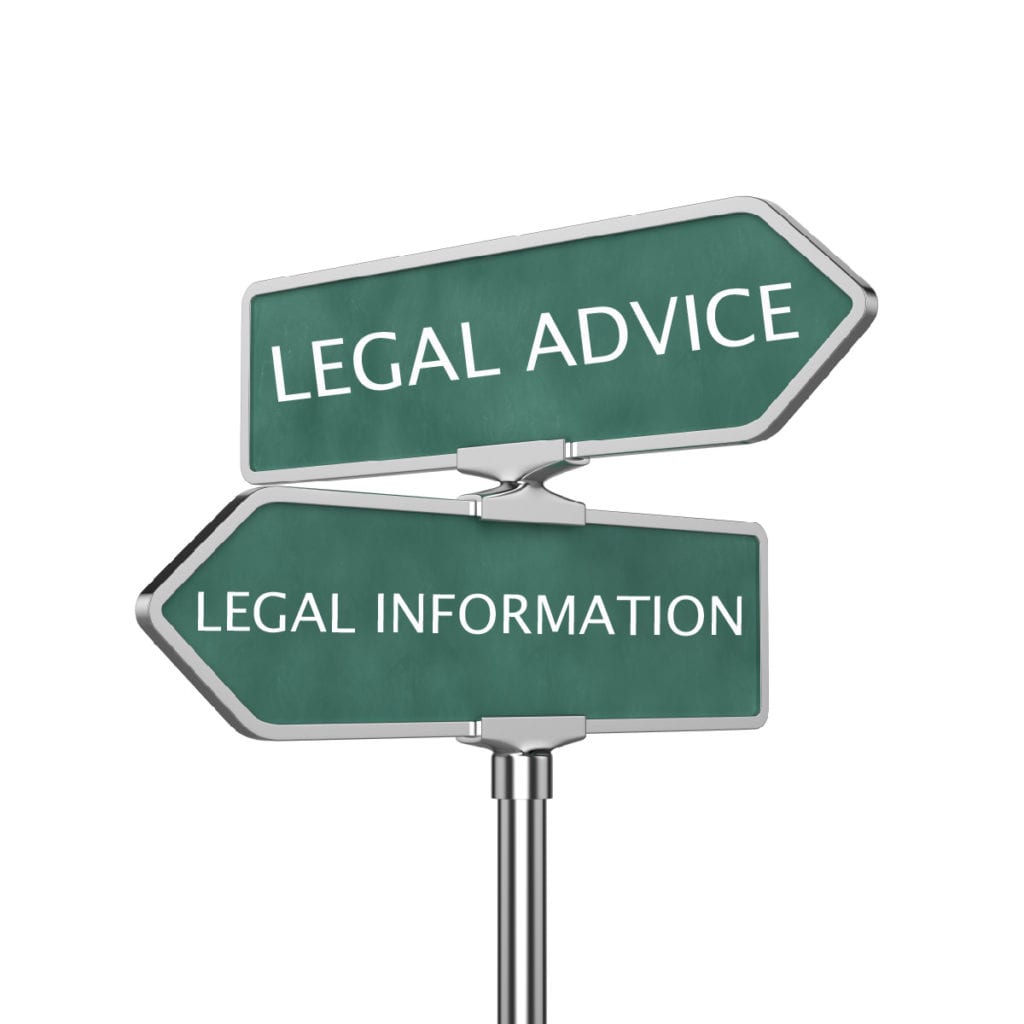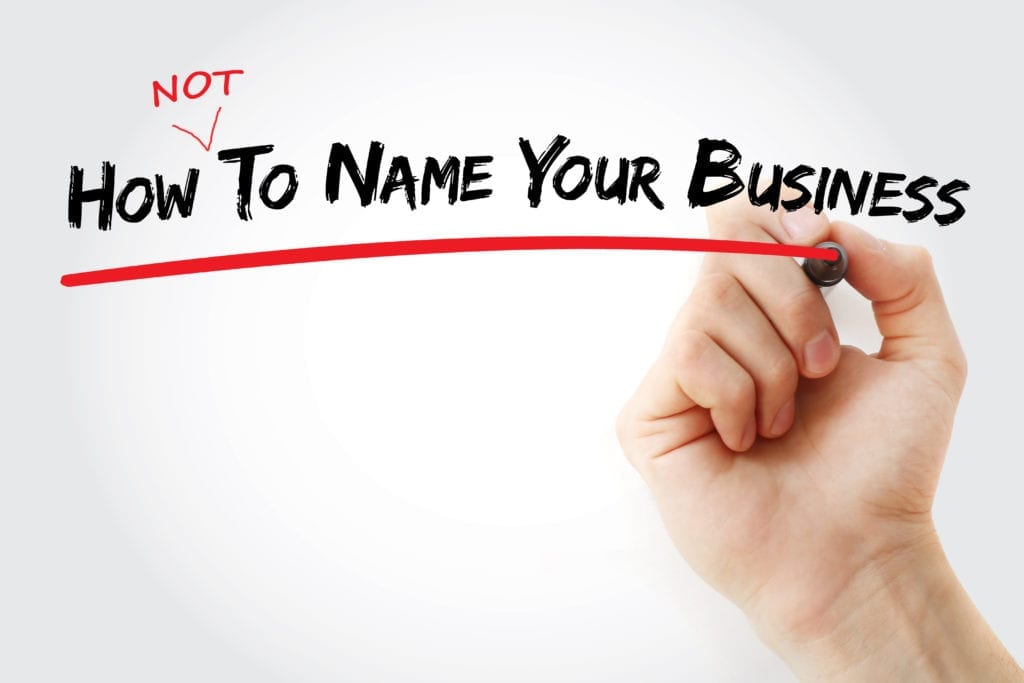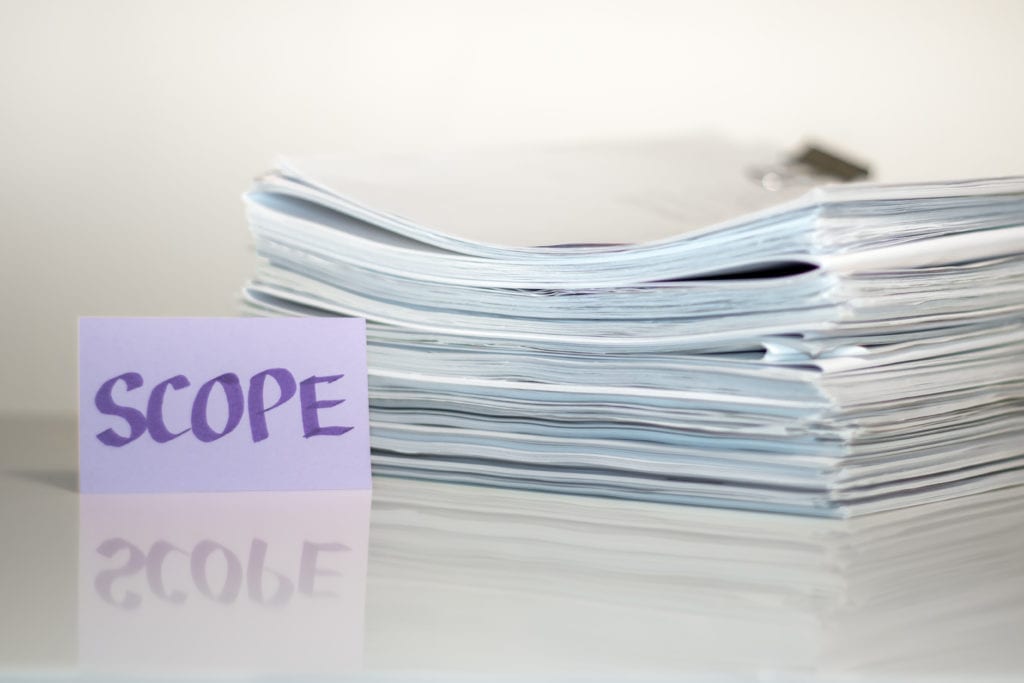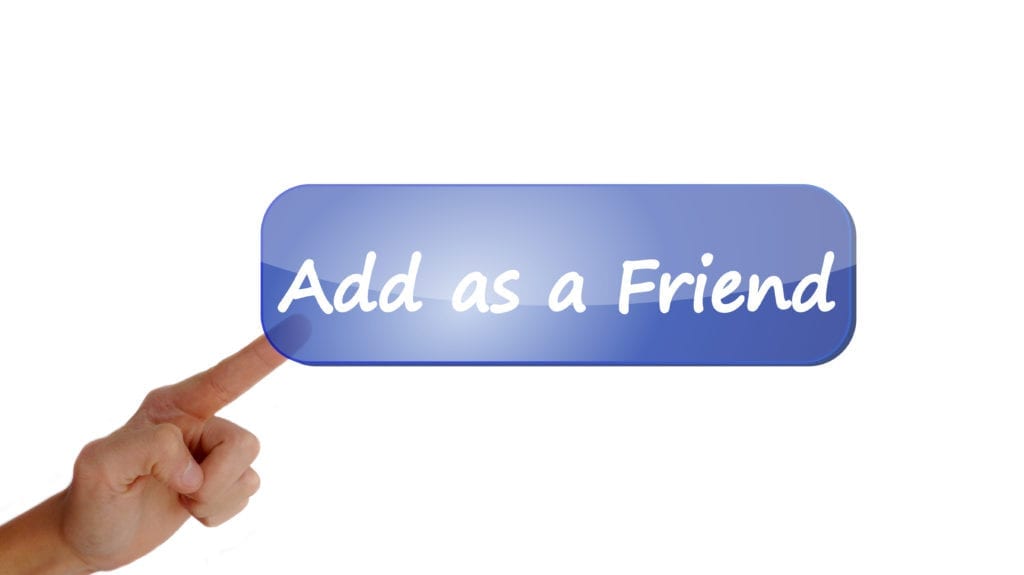Contacting Unrepresented People On Social Media

A lawyer’s communications with an unrepresented person are generally governed by Rule of Professional Conduct 4.3 or some similar equivalent. (See, e.g., Georgia Rule 4.3). Most versions of Rule 4.3: prohibit a lawyer from stating or implying that the lawyer is disinterested; require a lawyer to make reasonable efforts to correct any misunderstanding, when the […]
Are You Improperly Giving Legal Advice On the Internet?

Lawyers are allowed to give general answers to legal questions posed by laypeople on social media, chat rooms, blogs, websites, and other internet platforms. That said, lawyers should not provide specific legal advice, because those communications may inadvertently create an attorney-client relationship. One ethics opinion has held that “answering questions on the Internet is analogous […]
Your Law Firm Should NOT Own Real Estate

Lawyers often want to own their offices. Rent payments add up over time, and once that rent money is spent, there is little or nothing to show for it. Instead of paying rent, lawyers may decide to use those funds to build equity in a real asset that is independent of their law firm. We […]
Operating Law-Related Side Businesses: The Basics

In recent years, accounting firms have been encroaching on work that law firms traditionally performed. If other industries are coming for the law, why shouldn’t lawyers offer complimentary non-legal services through ancillary businesses? Some already are. Below are some of the issues that lawyers must consider if they plan to offer law-related services in addition […]
Potential Limitations On Naming Your Law Firm

Law firm names are generally governed by Rule of Professional Conduct 7.5. In short, law firm names must not be “false, fraudulent, deceptive or misleading.” Applying this rule, law firms should not use names implying that they have more than one attorney when in fact they do not. In June 2016, the State Bar of […]
Advising Clients on Their Social Media Use

We have previously discussed a lawyer’s ethical duty to understand social media. Such an understanding is necessary to provide competent representation to clients. So how does that translate in the real world? How should lawyers advise clients with regards to their social media accounts? Keeping in mind that each jurisdiction may differ, here are some […]
One Way to Limit Client Disputes

Many client disputes arise from a disagreement about the nature and scope of the engagement. Most clients will assume their lawyer is doing more for them than a lawyer intends. One way to limit disputes about what you were or were not hired to do is to clearly state, in writing, the scope of the […]
Have You Planned for Disaster?

Imagine this: After a long, but successful week, you lock up your law office and head home for a relaxing weekend. On Sunday afternoon, you receive a call and learn that somehow a fire was started in or near your building and half your office was ravaged by a fire. The other half is still […]
Connecting with Judges on Social Media

A topic that seems to come up a lot is whether lawyers and judges can be “friends” or “connections” on various social media platforms. Is it ever ok? What if a judge sends a connection request to a lawyer? If the lawyer rejects it, how will the judge react? What if a lawyer is “friends” […]
